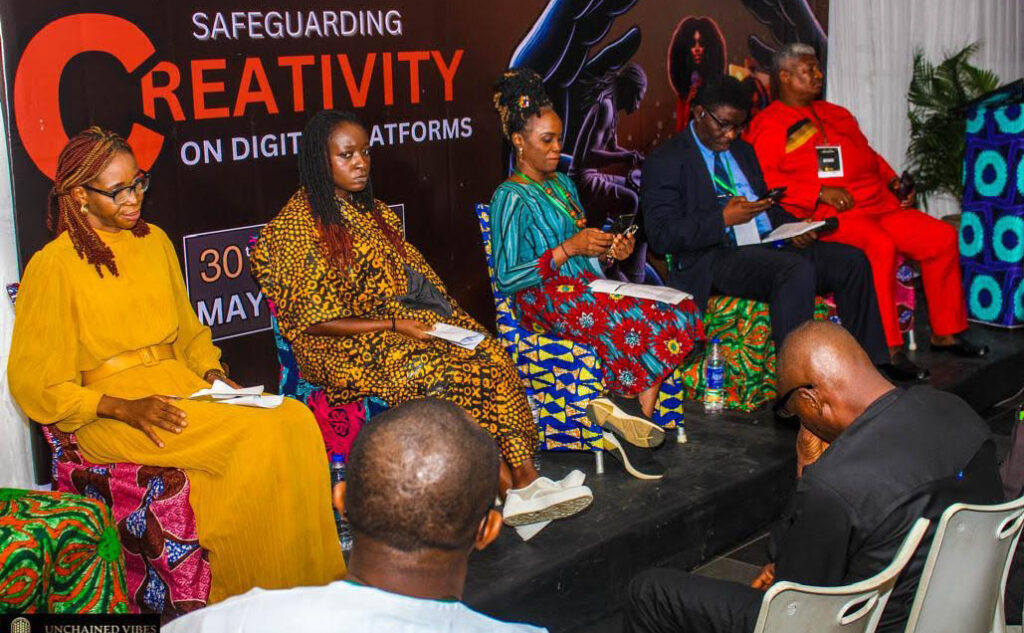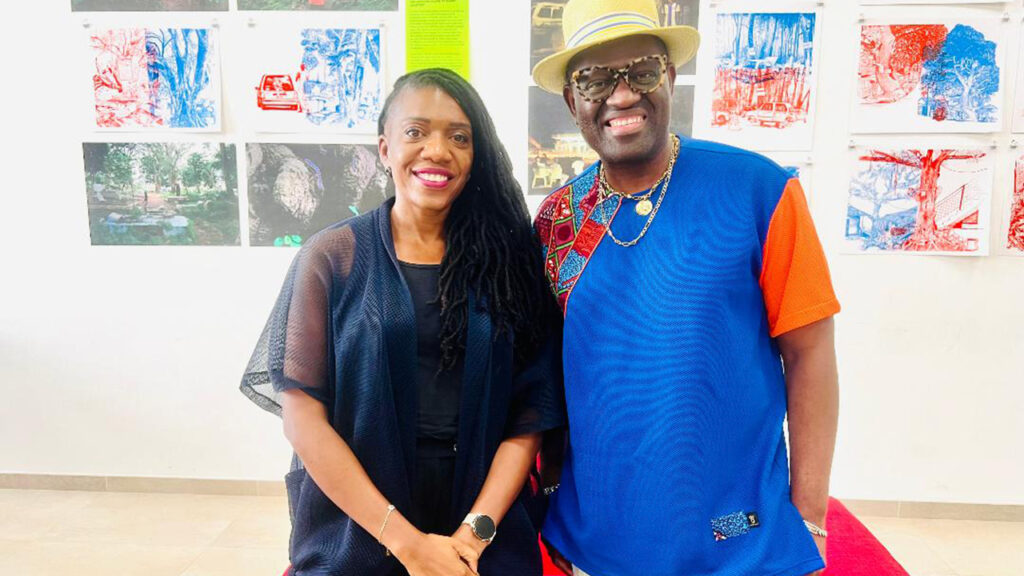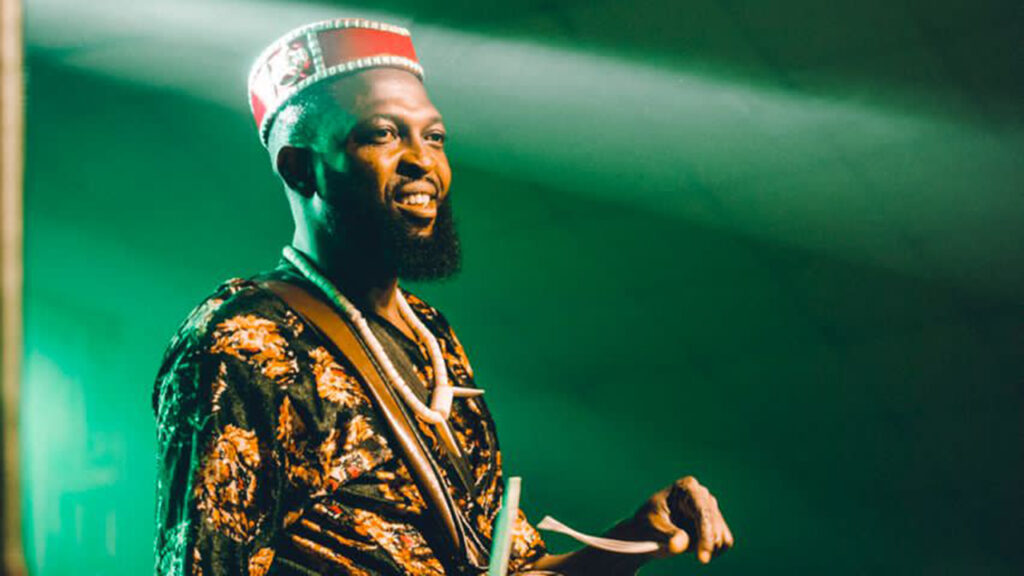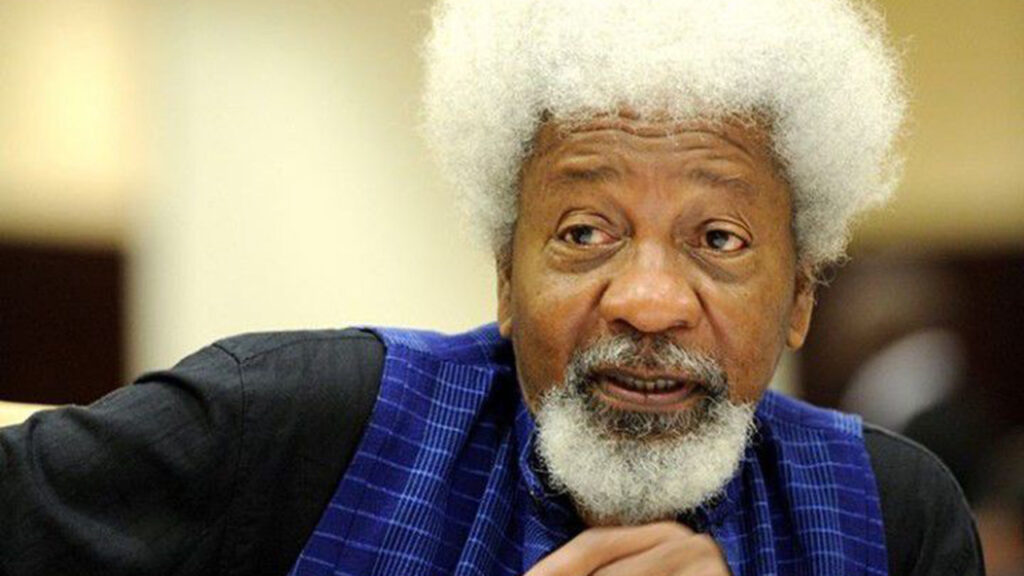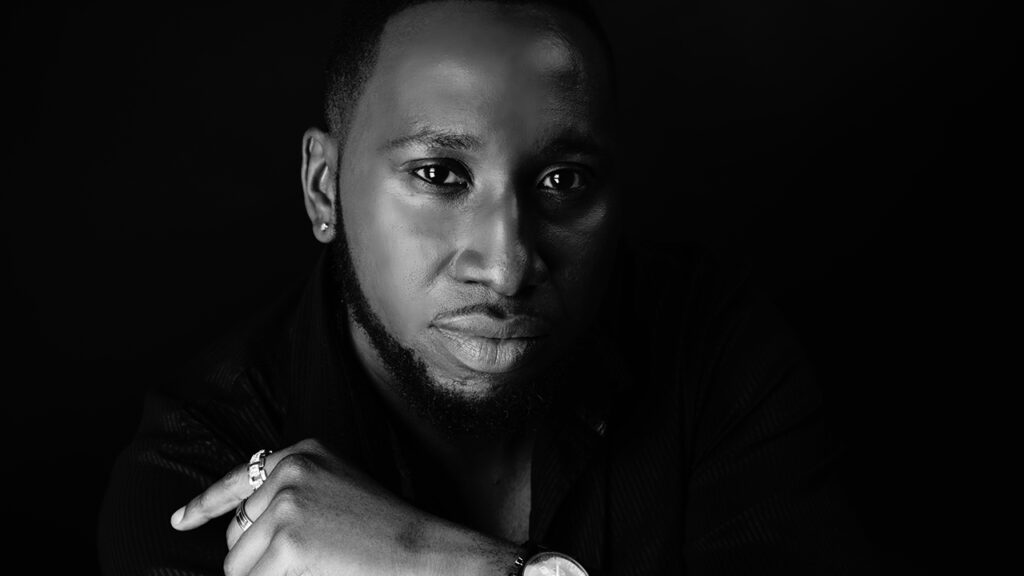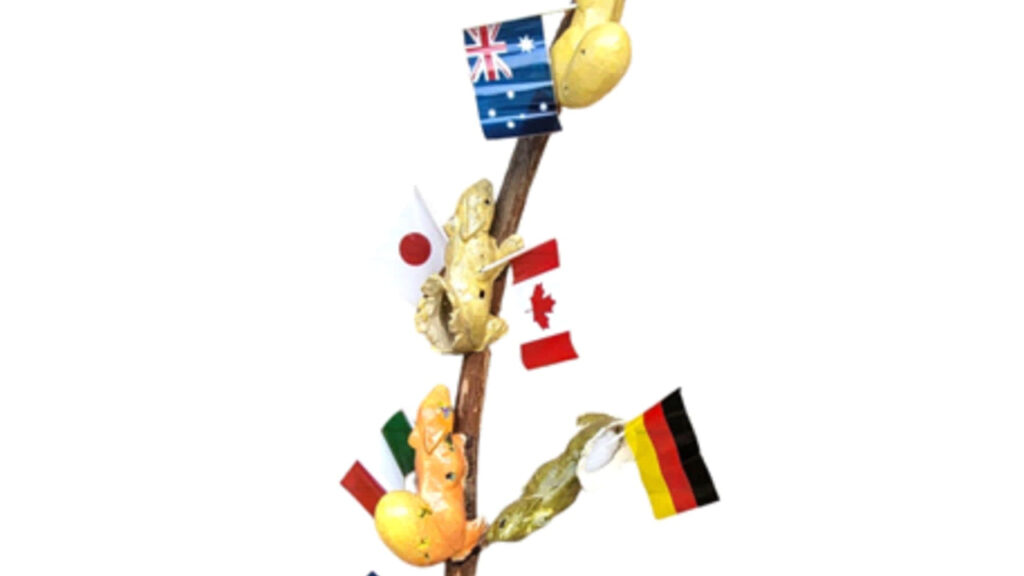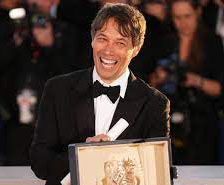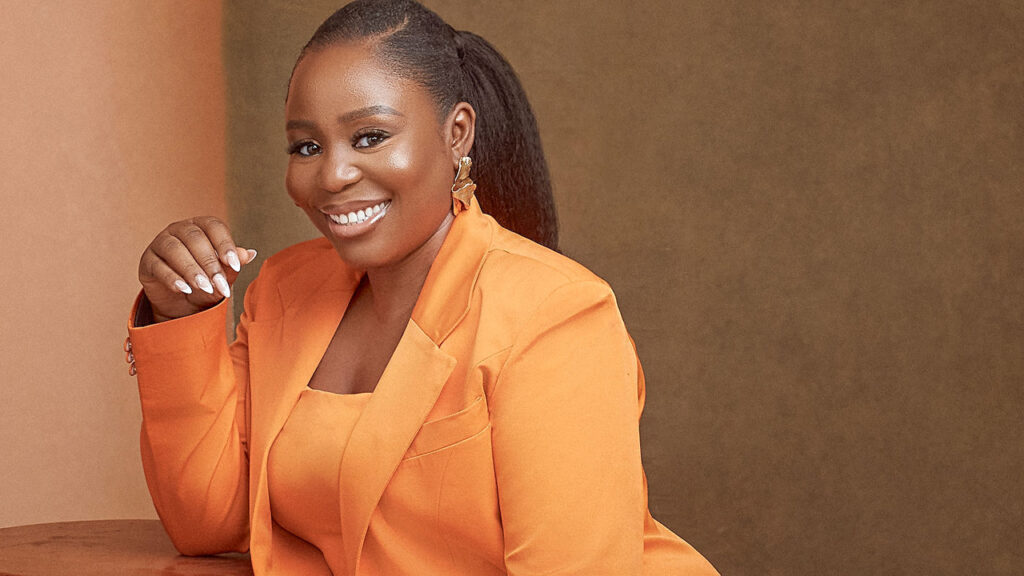Concerns regarding efforts in the enforcement of restrictions on the use of uniforms by law enforcement and security agencies in the entertainment industry, especially in movies and skits, have stirred controversy and elaborate discourse, leading to an assembly of the artistic community both onsite and virtually, recently. Artists’ initiative in effecting the summit in collaboration with learned colleagues in the legal sphere bared the disquietude of relevant parties in sectors concerned, OLUDARE RICHARDS writes.
On March 26, 2024, the Economic and Financial Crimes Commission (EFCC) and the NFVCB announced that they are to collaborate to address the issue of criminal content in Nigerian films and videos.
Both organisations announced this when Dr. Shaibu Husseini, and his team, visited the Executive Chairman of the EFCC, Ola Olukoyede.
Mr. Olukeyede urged the NFVCB to regulate and censor such content to prevent it from shaping public perceptions and behaviour. Expressing his concern over the glamorisation of Internet fraud and currency mutilation in movies, he called for the NFVCB to play a more proactive role in promoting ethical standards within the film industry.
“We believe we have the right partner with you. Films and videos are meant to promote good moral standards. Your Board should continue to discourage the glamourisation of crimes in the film industry,” he said.
Although, the importance of collaboration between the two bodies in combating corruption and misinformation was also highlighted during the meeting.
“The work of fighting corruption is for all of us. Several skits are flying around with an untrue portrayal of the EFCC and its officers. The NFVCB should look into this and stop such unprofessional practices,” Olukeyede stated.
Husseini, who is also notable, among other things, for his Chairmanship of the AMAA College of Screeners and has been a longstanding member of the jury board for AMAA, assured of the commitment of the NFVCB in ensuring that films adhere to ethical guidelines and do not glorify criminal activities.
He said: “We are trying as much as possible to discourage the glamourisation of crimes in our movies. We are also trying to eliminate all those things movie makers are putting in their works that will make young people jump into schemes that are criminal in real life.
“In doing this, we are starting from script writers, then the producers because the producers are the ones who supervise the contents”, Husseini said.
He went on to outline the NFVCB’s ongoing efforts to vet scripts and monitor content production to safeguard public interests. The development was months before the NFVCB announcement of the Ministry of Arts Culture and Creative Economy’s release of the new regulations.
It is noteworthy that the Africa Film Academy (AFA), earlier this year, announced that Husseini will return as the head of AMAA’s College of Screeners for the 20th edition. So far this year, AMAA’s salient emphasis has been on its encouragement of films that have Africans or filmmakers of African descent and its announcement that all award categories’ entries will end in April 2024.
It is unclear if Husseini’s critical participation in AMAA will reflect the NFVCB’s 2024 regulations’ enforcement. It is also unclear if the announced restrictions may remain a source of controversy in the industry as likely enforcement of the 2024 regulations could reflect differently on Nigerian submissions for awards if applications are extensive.
Consequently, in what was deemed a necessary reaction to alleged restraining responses by some Nigerian law enforcement agencies, a synergetic effort of the entertainment and legal societies prompted a collaboration between Unchained Vibes Africa and the Nigerian Bar Association’s (NBA), Media and Creativity Committee in the organisation of The Freedom Vibes Summit. The summit launched on the theme “Safeguarding Creativity on Digital Platforms”, assembled stakeholders to examine the controversial developments more closely.
Deliberations centred on the recent enforcement of policies, regulations and laws restricting satires and artistic expressions that depict Nigerian security and law enforcement agencies. The recent pronouncement by the National Film and Video Censors Board (NFVCB) with regard to a new regulation that would restrict smoking and ritual scenes in movies, skits and music videos, was also exhausted in deliberation.
The Nigerian police, in its reaction to certain trends in content, insisted that permission is required before the portrayal of law enforcement agents regardless of the scope of production, failure of which might lead to arrest and prosecution of the artist(s) involved.
Consequently, other security and law enforcement agencies such as the Economic and Financial Crimes Commission (EFCC), the National Drug Law Enforcement Agency (NDLEA) and the Lagos State Traffic Management Authority (LASTMA) have since released similar statements and threatened to prosecute artists who use their operational identities in portraying their agencies in bad light.
These threats have been found to have created fear in the minds of many artists who may be inclined to use their creative content in criticism or portrayal of certain actions of authorities, demand accountability and influence the correction of ills in society.
Threats to artists’ creativity and freedom of expression on digital platforms were brought to the fore. The theme inspired robust dialogues and wholesome debates among stakeholders in the hybrid event with most delegates physically in attendance at the Freedom Park in Lagos while others participated virtually via Zoom webinar. Virtual participation included SP Benjamin Hundeyin, Police Public Relations Officer (PPRO) for Lagos, representing the Nigeria Police Force.
NBA lawyers, in their legal opinions, argued that there are exceptions to the issue of unlawful wearing of uniforms of security and law enforcement agencies under Section 110 (2) of the same Criminal Code and Section 79 (2) of the Criminal Law of Lagos State cited by the Police and LASTMA respectively.
The proviso ‘‘this section shall not apply to the wearing of any uniform or dress in the course of a stage play or in any bona fide public entertainment’’ was highlighted.
The Police argued and insisted that Section 251 of the Criminal Code and Section 169 of the Criminal Law of Lagos State, both of which relate to ‘‘bringing contempt on the uniforms’’ and which have no provisos, are the laws they rely on and would continue to enforce them unless amended.
Other lawyers observed that the Criminal Code, which was applicable to old Southern states of Nigeria, is no longer applicable in states such as Lagos, which have internalized and created their own criminal laws.
NBA lawyers observed that all the laws cited are subject to the provisions of the constitution and the power to interpret laws lies with the judiciary and not the police or the executive.
While some veteran actors and filmmakers such as Norbert Young acknowledged that the police had been cooperative in the past and shared their experiences enjoying the support of the police making available props in their productions, the majority of filmmakers in attendance lamented the absence of a transparent, corruption-free, simplified, efficient and timely authorization process for the use of real police uniform and equipment. Tunji Sotimirin stressed this aspect.
The NBA Media and Creativity Committee said it believes that the exemptions provided under the law mean what it says, and says what it means.
“Artists do not require any permission from the law enforcement agencies to wear uniforms in Nigeria in the course of their work. It is a misnomer and amounts to turning the Law on its head when the police said it was a mockery of them. The NBA Media and Creativity Committee would provide pro bono legal services if artistes are at risk in the course of exercising their right under this exemption and the Committee is not averse to testing the Law all the way to the apex court”, the NBA noted.
The NFVCB made its own clarifications. The NFVCB said that the proposed new regulation was not a ban on smoking and ritual scenes but a restriction and additional requirement to include the prescribed health warnings on the screen whenever it is necessary to depict such scenes.
Executive Director/CEO of the National Film and Video Censors Board (NFVCB), Dr. Shaibu Husseini, represented by Barrister Uju Emagha, reinforced this clarity.
Stakeholders observed that the word ‘’censors’’ in the official name of the National Film and Video Censors Board, remained a sign of a lack of political will on the part of the government to transition from censorship to classification despite several advocacy efforts demanding the renaming of the agency.
Members of the artistic community asserted that there are real issues of corruption, bad governance and other social vices that traumatize citizens and inspire artists to reflect these realities through their works to catalyse change.
One of the issues in discourse during a panel discussion at the summit was the 2013 fracas that ensued between content creator, Abdulgafar Abiola, (popularly known as Cute Abiola) and the Police. It may be recalled that the Police through its Public Relations Officer (PPRO), Olumuyiwa Adejoba, in a statement, accused Cute Abiola of violating Section 251 of the Criminal Code and Section 133 of the Penal Code Law.
Section 251 states: “Any person who, not being a person serving in any of the armed or police forces of Nigeria, wears the uniform of any of these forces, or any dress having the appearance or bearing any of the regimental or other distinctive marks of any such uniform, in such manner or in such circumstances as to be likely to bring contempt on that uniform, or employs any other person so to wear such uniform or dress, is guilty of a simple offence, and is liable to imprisonment for three months or to a fine of forty naira”.
Reacting to the quoted part of the law, the Police vowed to investigate and possibly prosecute Abiola for showing a ‘highly disrespectful and derogatory portrayal of the police uniform’.
The statement reads: “In as much as the law grants Nigerians the right to enjoy their fundamental human rights, the same law prohibits an individual, under whatever guise, from rubbishing the police institution or grossly violating its provisions with regards to the use of uniforms.
“We, therefore, vehemently condemn the contemptuous act displayed by comedian Abdulgafar Abiola, popularly known as “Cute Abiola,” in two recent skits posted on his social media handles on 20th and 24th July 2023.”
The Police said the skits in question showed a highly disrespectful and derogatory portrayal of the police uniform, an action it stated is in direct violation of Section 251 of the Criminal Code and Section 133 of the Penal Code Law. “Such acts are not only offensive but they also undermine the integrity and dignity of the men and women who wear the uniform in service to the nation”, the Police stated.
“Abdulgafar Abiola (Cute Abiola) will be investigated and possibly prosecuted for his deliberate acts as the NPF had already warned skit makers and filmmakers to desist from desecrating its uniform or accoutrements. The Force is committed to upholding the sanctity of the uniform and will pursue due legal process to ensure accountability for any individual or entity that seeks to bring disrepute to the uniform or the institution it represents”, the NPF stated.
Some other instances of threats and alleged threats of prosecution by law enforcement includes a reaction of the General Manager of LASTMA, Mr Olalekan Bakare-Oki, vowing that “anyone caught using LASTMA uniform without an approved permit will be prosecuted following ‘Section 79 of the Criminal Law of Lagos State 2015.”
Another development was the NDLEA allegedly putting Lagos skit maker, Matthew Eze, under surveillance over aspects of content he was said to have produced.
A soldier was also alleged to have issued aggressive remarks, threatening to punish skit makers over unauthorised use of military camouflage.
Expressing genuine concerns for consideration, most stakeholders agreed that some skit makers’ practice of casting children and minors or exposing underage persons to sex scenes in skits or movies should be re-examined.
Similarly, the Nigeria Police, on its part, expressed reservations about prank masters and skit makers whose activities are deemed ‘dangerous pranks’ and may lead to unlawful activities that could endanger the lives of people or subject them to dehumanisation.
Following extensive deliberations on developments observed, the summit in a communiqué signed by Ayodele Ganiu, Executive Producer, Unchained Vibes Africa and Yahaya Maikori, Chairman, NBA Media and Creativity Committee resolved and recommended:
“That the police, as well as other security and law enforcement agencies, should implement internal reforms and improve their personnel’s welfare to alleviate the scale of misconduct, which are well documented via video evidence that abounds on the internet which inspires the satires by artists through their movies and skits.
“Artists should always be peaceful and civil when challenging policies and laws that hinder their artistic freedom. Security and law enforcement agencies should begin to learn what they don’t know about artistic freedom so that they don’t fear what they don’t understand and clamp down on it.
“The police and other security agencies should put in place a transparent, simplified, efficient and timely authorization process for artists who need to use real uniforms and related props in their productions.
“Artists should familiarize themselves with laws that impact their works, and understand their rights, responsibilities and limitations. More stakeholder meetings should be convened to address the conflicts between artists and security agencies to improve the relationship.
The summit also recommended that the NFVCB should intensify its engagement with the national assembly to accelerate the amendment of the NFVCB Act and its transition from a censorship body to a classification board.
The summit suggested that the renaming of the board from ‘‘Censors Board’’ to ‘‘Classification Board’’ should be a top priority in order to open up the space for robust engagements and earn the trust of practitioners.
The need to dissect the issues necessitated the attendance of delegates from across Nigeria and the diaspora, representing various fields of the creative sector, civil society organizations (CSOs) and relevant government agencies. Stakeholders in attendance included filmmakers, skit makers, lawyers, musicians, actors, content creators, representatives of the police and other government officials.
Parties to the communique include the artistic community represented by the National President, Directors Guild of Nigeria (DGN) and Chairman of the Federation of Nollywood Guilds and Associations, Dr Victor Okhai; National President, Screenwriters Guild of Nigeria Yinka Ogun, Executive Program Director, Culture Advocates Caucus, Jahman Anikulapo and the representative of the Association of Nigerian Theatre Arts Practitioners (ANTP), Teju Agunlejika.
There were other veteran actors such as Francis Onwochei and Sam Uche Anyamele; music icons Eedris Abdulkareem and Myke Pam; Nigerian-Scottish multidisciplinary artist Bumi Thomas; voice actor Ehi Omokhuale, radio personality DJ Raymond Bola Browne; spoken word poet Torpedo Mascaw, award-winning theatre director Kenneth Uphopho and Nigeria’s fast rising poet and musician Ruth Mahogany, among others.
The CSOs delegation included members of the Nigerian Bar Association (NBA) led by the Chairman of its Media and Creativity Committee, Yahaya Maikori, international human rights lawyer Kola Alapinni, former chairman of NBA Abuja branch Folarin Aluko, Damilola Alabi and Justice Segun Ojienoh.
Other key CSO stakeholders included the President, FOM Foundation Eugene C. Oyibo; Founder, Elixir Trust Foundation, Emmanuel Ikule; broadcast journalist, educator and public affairs analyst, Adeniyi Kunnu; investigative journalist and activist Ejiro Umukoro, and journalists from Arise TV, The Nation and The Guardian newspapers.
There were other CSO delegates from the human rights community who attended both physically and virtually.
The Special Assistant to the President on Justice Sector Reform, ICT/Digital and Innovative Technology, Marcus Obiene Fernandez and representatives of the National Human Rights were also in attendance.
Meanwhile, law enforcement has not responded to the communiqué as at Press time. The NFVCB made a reaction on June 3, 2024 during an engagement with the media.
Dr. Shaibu explained that the new regulations permit producers to, where absolutely necessary; depict smoking scenes in movies, skits and music videos, especially for reasons of artistic expression and historical accuracy. However, such scenes must neither glamorize tobacco or tobacco products nor have been sponsored by the tobacco industry.
“I really need us to understand this: I did not ban smoking scenes. I did not ban ritual scenes. There are aspects of our culture that you need to display. But what we are saying is that if you have to display these necessary scenes, for historical accuracy, for educational purposes and, of course, to correct a negative lifestyle, you must warn people that these things are not real, that it is not a lifestyle to emulate.”
According to Husseini, the new regulations on smoking, tobacco products and money rituals and ritual killings in movies will not in any way stifle artistic creativity in the entertainment industry.

